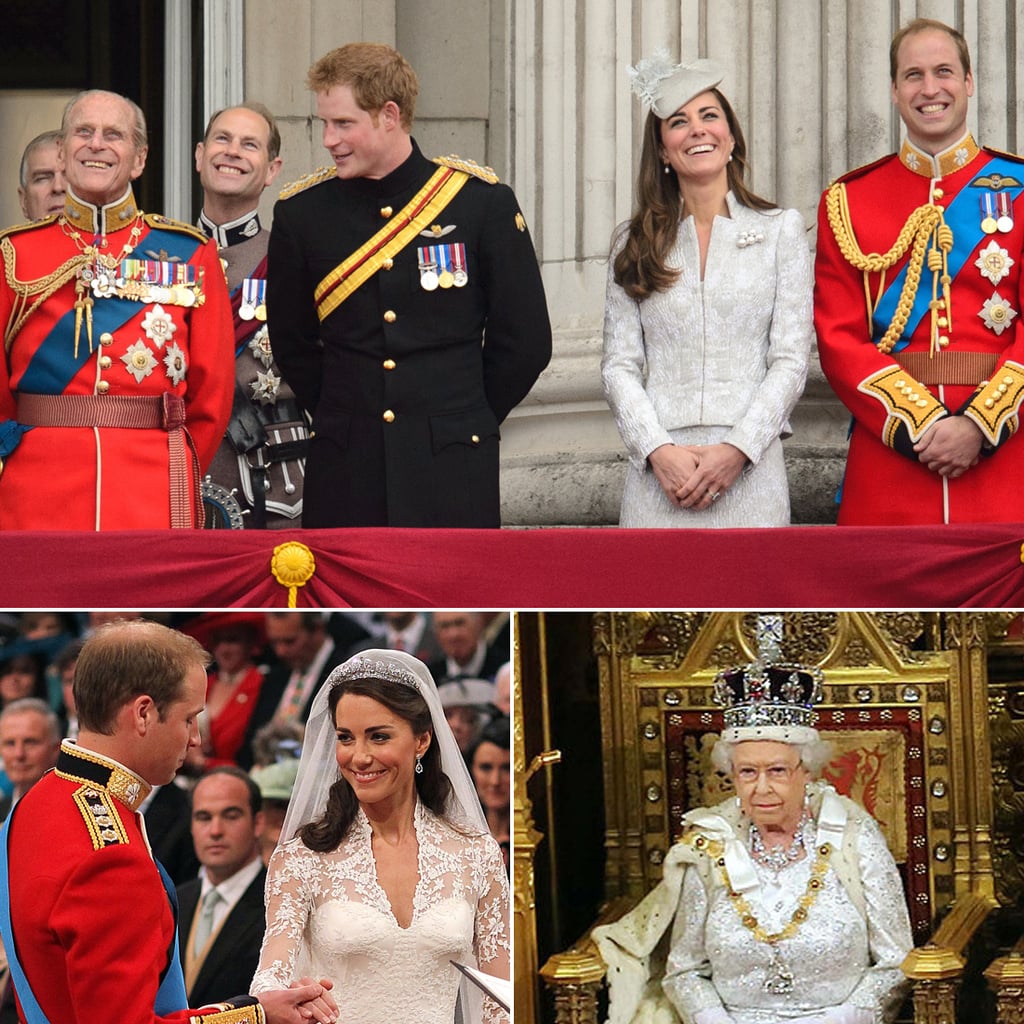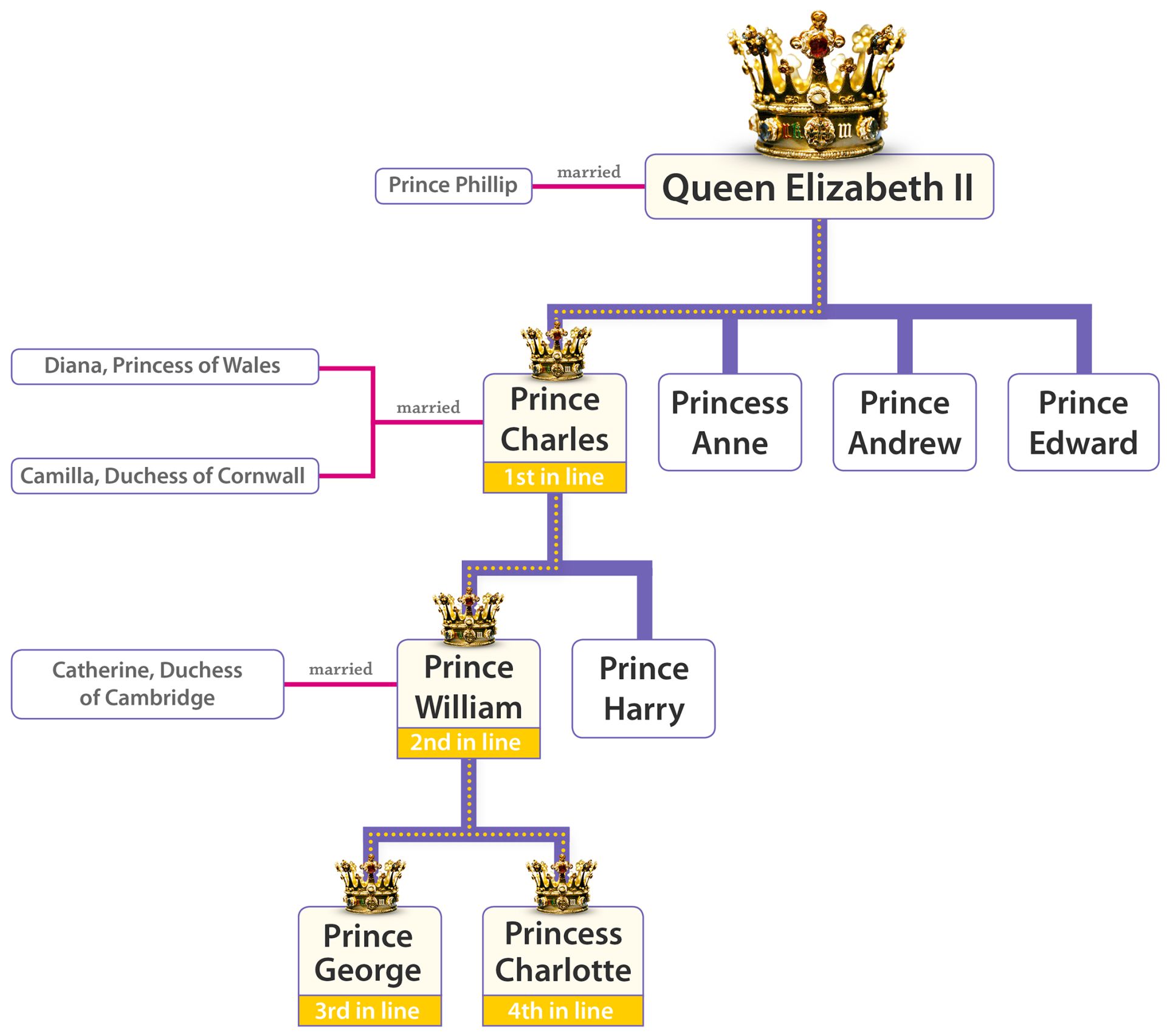Royal Family Traditions: A Deep Dive + Cultural Traditions!
Ever wondered why certain families seem bound by an invisible script, their lives unfolding in predictable, almost ceremonial ways? The answer lies in the enduring power of family traditions the often unspoken, yet deeply felt customs that shape our identities and bind generations together. These traditions, both grand and subtle, dictate everything from holiday celebrations to everyday interactions, forming the bedrock of our familial experience.
The concept of crown family traditions immediately conjures images of royalty, of opulent gatherings and centuries-old rituals passed down through generations of kings and queens. While the intricacies of royal life might seem worlds away from our own, the underlying principle remains the same: traditions provide a framework for understanding our place within a larger narrative. Whether it's the British Royal Family, with its strict protocols and elaborate ceremonies, or a family nestled in the Middle East, where loyalty trumps almost everything else, traditions exert a powerful influence on behavior and belief. Even the Netflix series, "The Crown," vividly portrays how these traditions shape the lives of those within its orbit, particularly concerning relationships and marriage.
| Aspect | Description |
|---|---|
| Definition | Crown family traditions are established customs, practices, and beliefs that are passed down through generations within a royal family, shaping their identity, roles, and interactions. |
| Purpose |
|
| Examples in the British Royal Family |
|
| Evolution of Traditions | While rooted in history, crown family traditions are not static. They evolve over time to reflect changing social norms, political landscapes, and the personal preferences of individual family members. |
| Impact on Family Members |
|
| Challenges and Criticisms |
|
| Global Variations | Crown family traditions vary significantly across different cultures and royal houses, reflecting unique historical, religious, and societal contexts. |
| Symbolic Significance | Crown family traditions often carry deep symbolic meaning, representing the power, authority, and legitimacy of the monarchy. |
| Modern Relevance | In the modern era, crown family traditions play a crucial role in maintaining the relevance and public appeal of royal families. |
| Reference | The Official Website of the British Royal Family |
But what about families who aren't part of a royal lineage? Do traditions matter as much? Absolutely. In fact, for many, they matter even more. They are the threads that weave together the fabric of a family's identity, providing a sense of security, continuity, and belonging that transcends social status. Understanding the importance of traditions starts with recognizing that they are more than just quaint customs; they are the living embodiment of a family's history, values, and aspirations.
- Movierulz St Kannada Your Ultimate Guide To Kannada Movies
- Singham Again Full Movie Download Mp4moviez The Ultimate Guide To Safely Watch Your Fave Film
Consider, for example, the traditions surrounding death and mourning. For many Black Americans, funeral traditions are not merely rituals of grief, but powerful connections to their ancestry, offering a meaningful pathway to celebrate life and find healing in the face of loss. These traditions, often passed down through generations, provide a sense of comfort and resilience, reminding families of their shared history and the strength they derive from their collective identity.
The preservation of tradition is vital, as it ensures cultural continuity and promotes social cohesion. Imagine a world devoid of traditions a bland, homogenized landscape where the unique stories and practices of individual families and communities have been erased. It would be a world devoid of color, texture, and meaning. Traditions provide us with a sense of rootedness, connecting us to the past and giving us a sense of direction for the future. They serve as a reminder of who we are and where we come from, providing a framework for navigating the complexities of modern life.
It's crucial to understand that traditions arent just about blindly following old customs. They are about creating a sense of belonging and identity, about fostering a shared understanding of the world. They are about creating memories that will be cherished for generations to come. Take, for instance, the traditions surrounding holidays. Whether its the elaborate Chinese New Year celebrations, with their focus on family reunions and the exchange of red envelopes, or the festive Christmas gatherings, with their decorated trees and gift-giving rituals, these traditions provide families with opportunities to come together, celebrate their shared values, and create lasting memories.
- Movierulz2021 The Ultimate Guide To Streaming Movies In 2023
- Movierulz Bharat Ane Nenu The Ultimate Guide To Staying Entertained And Legal
Family traditions can take many forms. They can be as simple as a weekly Sunday dinner, where the entire family gathers around the table to share a meal and catch up on each other's lives. Or they can be as elaborate as an annual family reunion, where relatives from all over the world come together to celebrate their shared heritage. Some families have traditions surrounding specific holidays, such as a special Christmas Eve meal or a Fourth of July parade. Others have traditions that are unique to their family, such as a special song that is sung at every birthday party or a secret recipe that is passed down through generations.
In China, for instance, culture is deeply intertwined with traditions, encompassing everything from heritage and arts to festivals, language, and symbols. Their traditions are so ingrained that guides are created to help people understand them. Topics such as Chinese food, world heritage sites, the Spring Festival, kung fu, and Beijing opera are all threads in the rich tapestry of Chinese cultural traditions. The emphasis on family is also profound, with neighborhoods often populated by extended families living in close proximity, reinforcing the importance of familial bonds.
The Middle East provides another compelling example of the strength of family traditions. Here, familial loyalty often outweighs all other considerations, creating tight-knit communities where families provide mutual support and protection. This deep sense of connection stems from a shared history, cultural values, and a collective identity that is passed down through generations. It's a testament to the power of tradition to shape individual lives and strengthen social bonds.
Even something as seemingly simple as spending free time with family can be a powerful tradition. Weekends and leisure time are often dedicated to family activities, reinforcing the importance of these relationships and creating opportunities for bonding. Whether it's a trip to the park, a family movie night, or a simple game of cards, these shared experiences help to strengthen family ties and create lasting memories.
Traditions, of course, are not without their challenges. They can sometimes feel restrictive, particularly for individuals who yearn to break free from societal expectations or pursue unconventional paths. The British Royal Family, for example, has faced numerous instances where members have struggled with the weight of tradition, leading to conflict and controversy. However, even in these cases, the power of tradition is undeniable, shaping the narrative and influencing the choices made by those within its grasp.
The concept of crown family responsibilities, while particularly relevant to royalty, resonates in a broader sense. All families have responsibilities, whether they are explicitly stated or implicitly understood. These responsibilities often stem from tradition, dictating how family members are expected to behave, interact, and contribute to the well-being of the group. They can range from caring for elderly relatives to upholding the family name, and they play a crucial role in maintaining the stability and cohesion of the family unit.
Global celebrations provide a vibrant tapestry of fascinating traditions, each reflecting the unique history and cultural values of a particular region. From the colorful Holi festival in India, where people celebrate the arrival of spring by throwing vibrant powders, to the elaborate Dia de los Muertos celebrations in Mexico, where families honor their deceased loved ones with offerings and festivities, these traditions offer a glimpse into the diverse ways in which humans connect with each other and with the world around them.
So, how can we cultivate meaningful family traditions in our own lives? It starts with being intentional, with consciously choosing to create rituals and practices that reflect our values and strengthen our bonds. It might involve reviving old traditions that have been lost over time, or creating new ones that are tailored to our family's unique needs and interests. The key is to make these traditions meaningful, engaging, and sustainable, so that they can be passed down through generations to come.
Here are some ideas for creating unique family traditions: 5 unique family traditions you can practice are:
- Create a family time capsule. Gather meaningful objects, photos, and letters, and bury them in a special location to be opened years later.
- Establish a regular game night. Choose a night each week to gather as a family and play board games, card games, or video games.
- Start a family cookbook. Collect your favorite family recipes and compile them into a cookbook that can be passed down through generations.
- Volunteer together. Choose a cause that your family is passionate about and dedicate time to volunteering together.
- Create a family gratitude journal. Each day, write down things that you are grateful for as a family.
Ultimately, traditions connect the past with the present, providing a source for a common identity and giving us a foundation for learning and growing. They provide a sense of continuity, stability, and belonging in a world that is constantly changing. They are the invisible threads that weave together the fabric of our families, creating lasting memories and strengthening the bonds that connect us to one another.
Brazil, for instance, is a society steeped in strong traditional values, where people maintain close ties with both their immediate and extended families. This emphasis on family stems from a patriarchal structure, where households are often headed by a heterosexual couple and their children. Family gatherings are frequent and important, providing opportunities for bonding and reinforcing the importance of these relationships. These strong family traditions contribute to the overall stability and cohesion of Brazilian society.
Because the family structure is so traditional, most households are patriarchal and are often represented by a hetero couple and their children. This structure reinforces the importance of traditional gender roles and the expectation that children will follow in their parents' footsteps. While this may seem limiting to some, it also provides a sense of security and stability, knowing that there is a clear framework for navigating life's challenges.
In conclusion, crown family traditions, and family traditions in general, are more than just quaint customs. They are the lifeblood of our families, providing a sense of identity, belonging, and continuity. They are the threads that weave together the fabric of our lives, creating lasting memories and strengthening the bonds that connect us to one another. By understanding and embracing these traditions, we can create a richer, more meaningful life for ourselves and for generations to come.
- 7movierulz Ibomma The Ultimate Guide To Staying Safe And Legal
- 9xmovies Cyou The Ultimate Guide To Understanding Its Risks And Alternatives

British Royal Family Traditions POPSUGAR Celebrity

The Crown The Real Royal Family Tree

British Line Of Succession For Kids DK Find Out